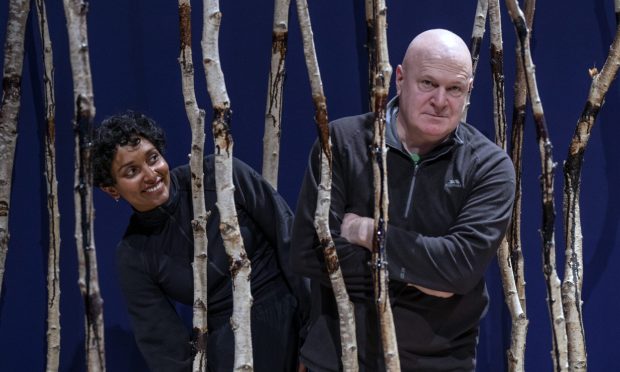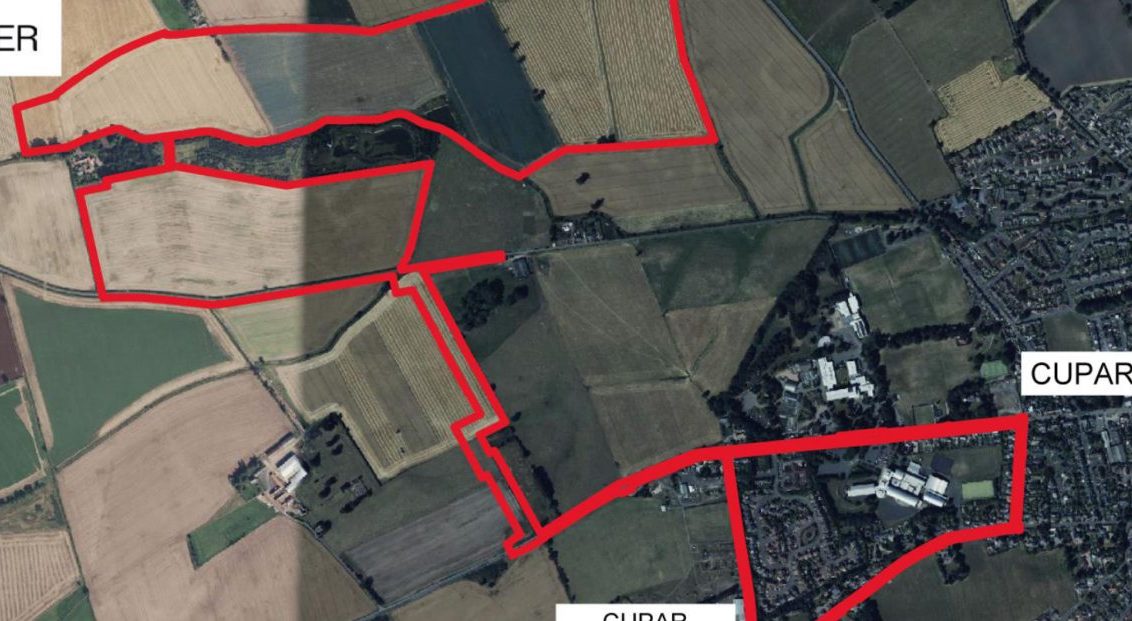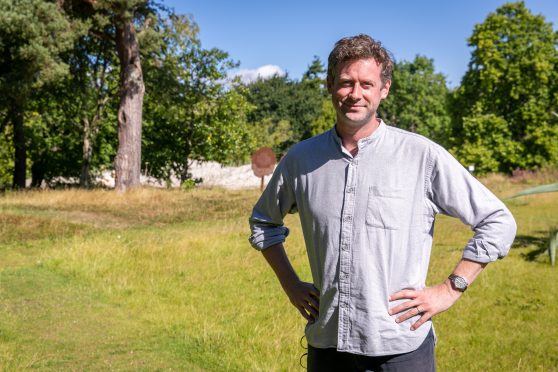The chances are that you have never heard of Margiad Evans.
She was a novelist and poet from the English-Welsh Border country. She died in 1958, at the age of 49, her reputation flared briefly into life then dowsed. Her novels were very good, her poetry surprisingly less poetic than her prose.
But what she did best – what she did exquisitely – was write about nature. She called it “earth writing”.
For example: “Ah, what a time for the year’s remorseless nativity play to begin!
“A strange snow-gleaming light plays on it from the clouds. And sometimes there is another light – a light hard to describe – which seems to steal upward and be rounded off by trees and hills, a sort of window or thaw through the thickness of earth into a seasonless beauty, as though that spot were transparent over an ideal…”
That’s from her book Autobiography, more an elaborate nature diary than a conventional autobiography and it is one of my very, very favourite books.
If you were to pick up my well-thumbed copy, you would probably find it opened of its own accord at the following passage. “If you want to write with absolute truth and with the ease of a natural function, write from your eyes and ears and your touch, in the very now where you find yourself alive wherever it may be.
“Carry your paper and book with you and conceal yourself in the fields. Watch and be in what you see or in what you feel in your brain.
“There is no substitute even in divine inspiration for the touch of the moment, the touch of the daylight on the dream.”
Essential philosophy
The first time I read that, I marvelled at it and then I swallowed it whole. It became my one essential philosophy as nature writer.
Its final sentence became my first commandment. As a result, I remember her work often and I thank her for it and I wish our paths could have crossed.
In a way I suppose they did, the day I walked into a now long-defunct bookshop in Stirling and found her very unprepossessing-looking book on a sale shelf for 75p.
I flipped it open to the first page, read the first few lines of a chapter entitled A Little Journey of Being Alone.
It began: “Midwinter and all dulled but the wind and the stars. The dead of the dark of winter; stretching behind me the dim patch of silent days alone. The wind is a tooth in the breast… the dark suns give no light.”
I had never read anything like it. I still haven’t.
She drifted into my mind a few days ago where I sat beside a series of waterfalls looking out across the top of a pinewood set down among a throng of mountains.
Favourite haunt
It is a favourite haunt but I had never been there in summer before. I was amazed by the flowers that found sustenance in rock crevices and wet flushes.
It was warm and periodically sunny and although there was barely a scrap of wildlife to be seen, I had a momentary awareness of the land itself, of the whole Earth, like a kind of scent.
And that’s when I thought of her.
She did not write much about the creatures of the land but rather about living with the land as though she and it were two halves of a single relationship.
“The earth itself is a vision,” she wrote. “I desire passionately to know what is in it, what animates it, what it means.”
It is an attitude of mind that I fear may be more or less extinct. Our species is the poorer for it and so is the earth and so is all nature.
Sometimes I think I can almost touch what she was getting at but it is an elusive relationship now, because even in the time since she was born, we have been at pains to put more and more obstacles between ourselves and nature.
Even that essentially benevolent construct we call nature conservation is more about politics rather than a closer walk with nature, with the land itself, with the Earth.
She wrote: “All good, true and loving earth writing must be done first out of doors, either spontaneously in the brain or roughly and livingly with the hand…
“The only chance is swiftness and intensity of feeling.
“Or else, as fallen snow obliterates all movement and knowledge, time lightens the impression and the precious secrets discovered are hidden moment by moment in the day of ever fresh discoveries.”
And my very favourite writer, George Mackay Brown, wrote: “A good book belongs to all ages, it is an oasis of water and greenery, it is watched over by its own generous spirit.”
She would have liked that. Hers was such a book.









